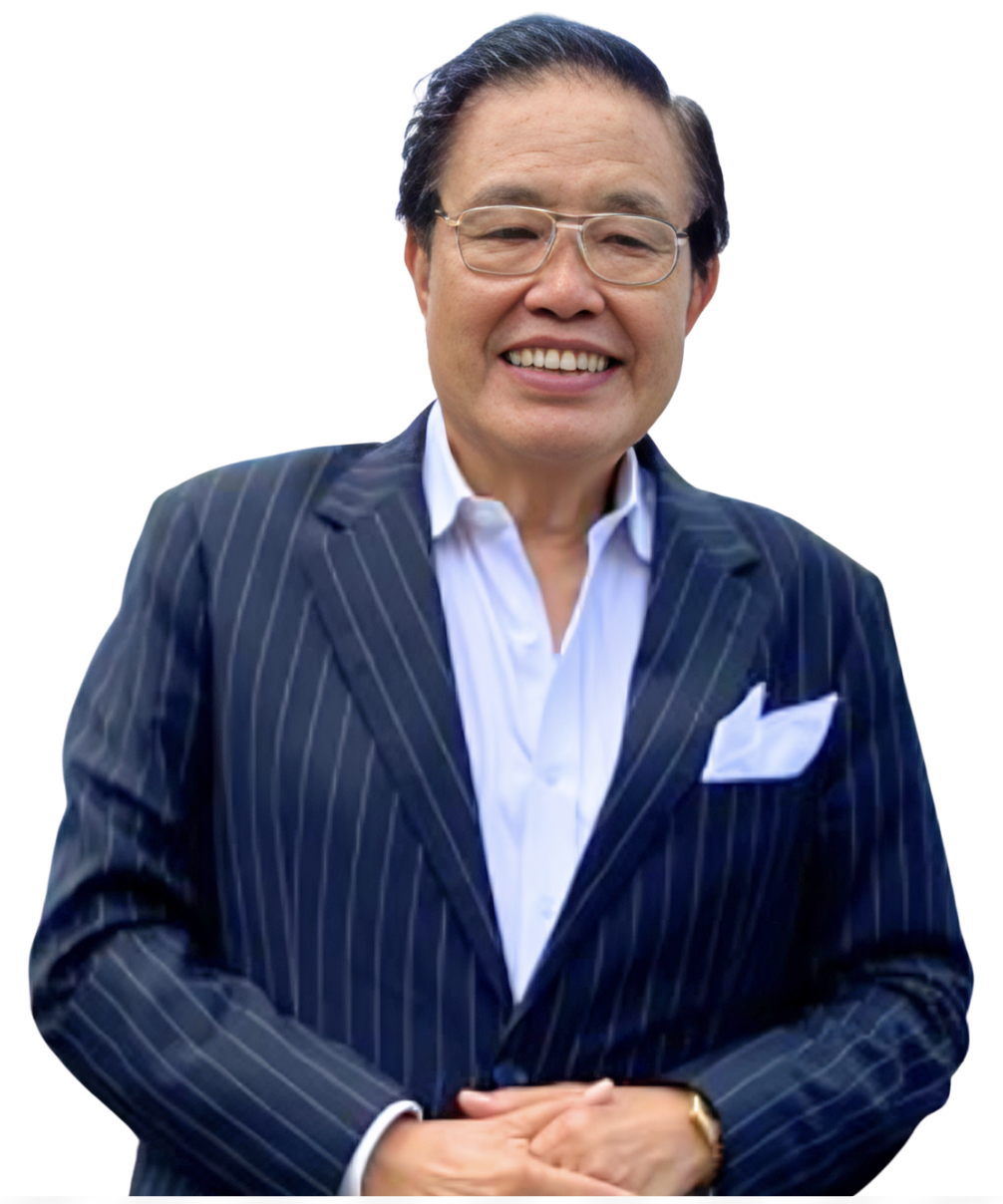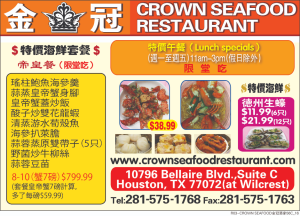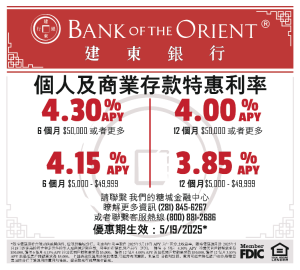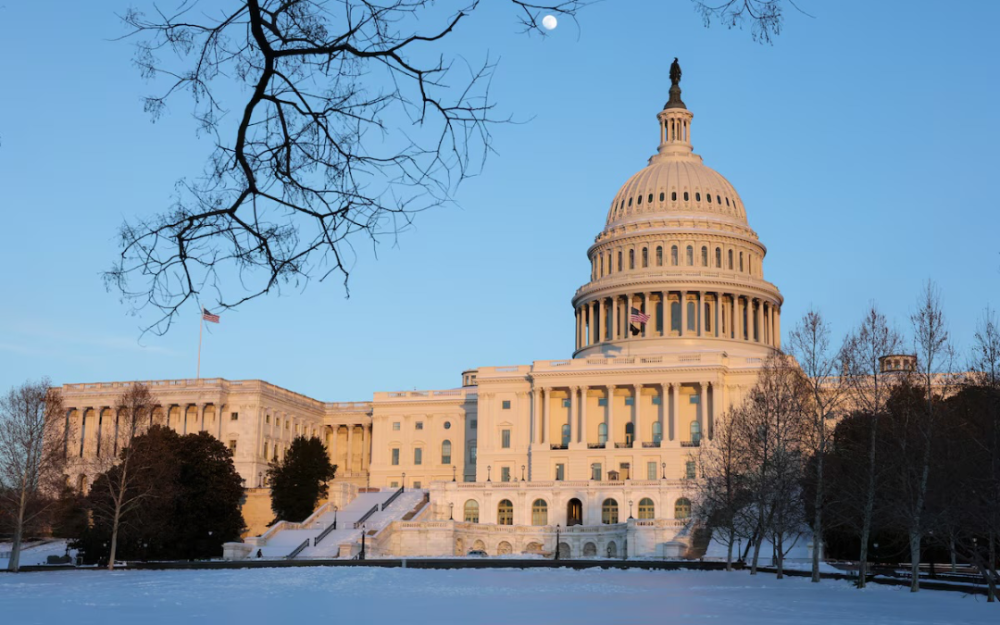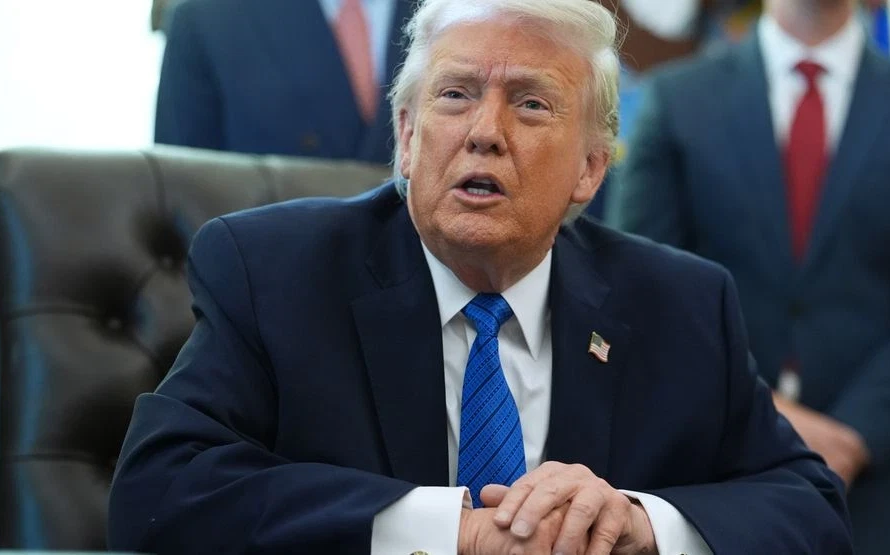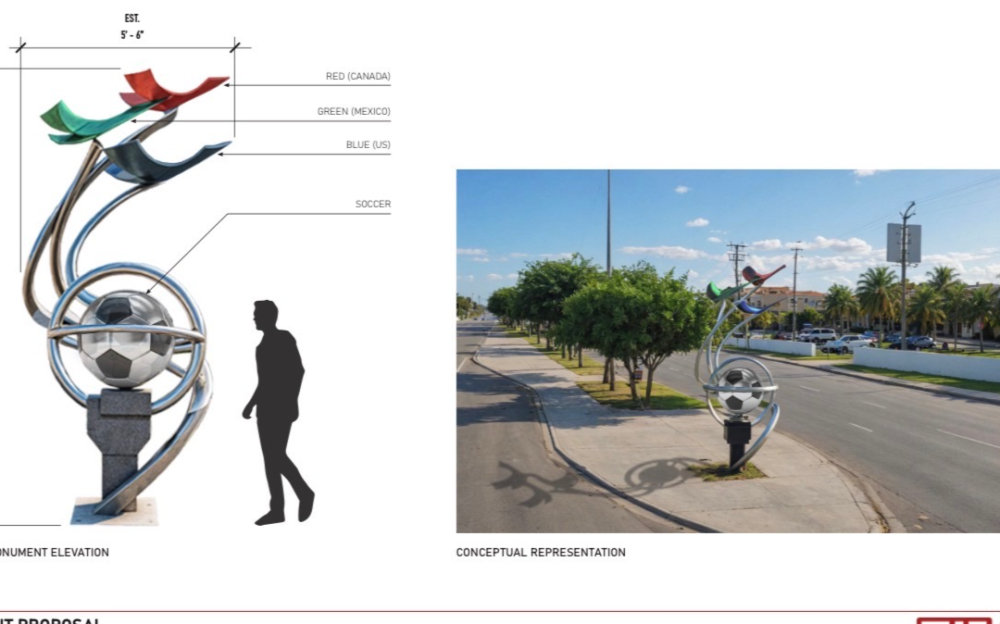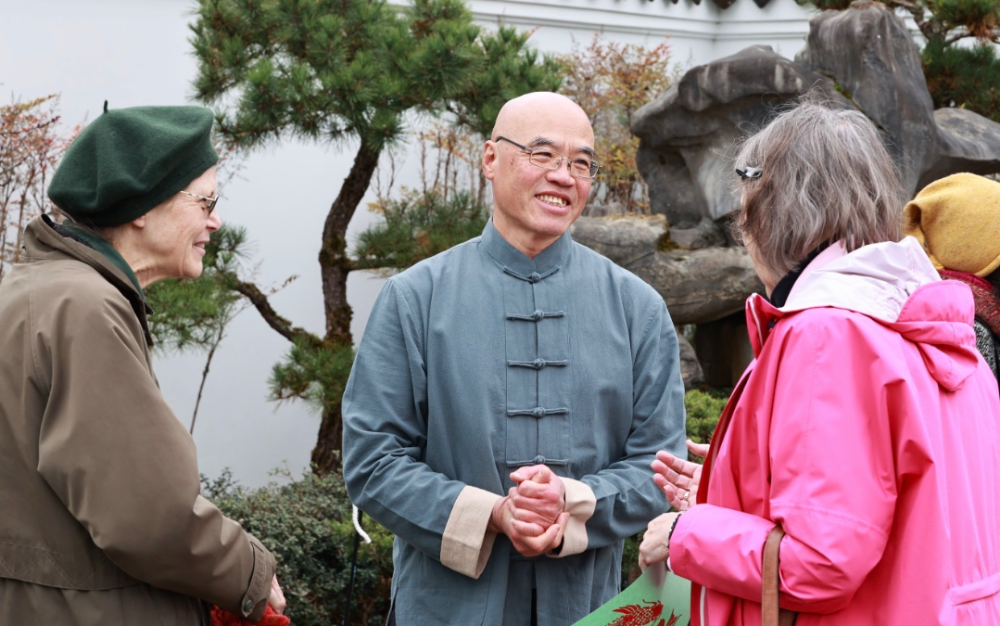美俄元首會晤牽動世界
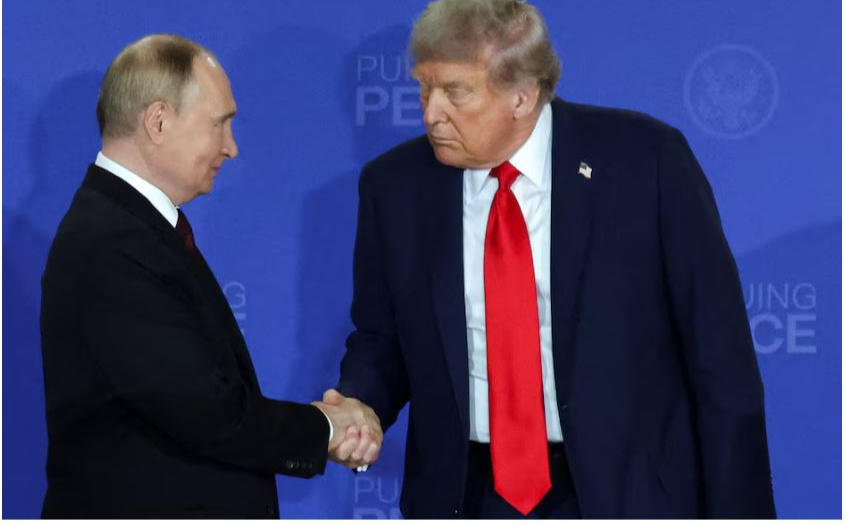
U.S.–Russia Summit Shakes The World
On August 15, 2025, U.S. President Donald Trump and Russian President Vladimir Putin met at Joint Base Elmendorf–Richardson in Anchorage, Alaska. The highly anticipated summit, held against the backdrop of the ongoing Russia–Ukraine war and a tense global order, lasted nearly three hours. Though no concrete agreements were reached, the symbolism and strategic weight of the encounter drew worldwide attention.
A Ceremony Laden with Symbolism
Putin was welcomed with a red-carpet reception, walking alongside Trump before the two leaders shook hands. The ceremony, highly choreographed and deliberate, reflected Washington’s respect for the occasion while simultaneously signaling Moscow’s enduring presence on the world stage. For Putin, the summit itself was already a diplomatic victory.
Talks: Constructive, But Without Breakthroughs
After lengthy closed-door discussions, the two leaders appeared before reporters. Trump declared the talks “very productive,” even rating them “a perfect 10,” but emphasized, “There’s no deal until there’s a deal.” Putin, for his part, said the two sides had reached “a certain understanding,” describing the atmosphere as “constructive and mutually respectful.”
Yet the most pressing question—whether the war in Ukraine could move toward a ceasefire—remained unanswered. No formal agreement was announced. Ukrainian President Volodymyr Zelensky quickly expressed his concern, warning that Ukraine would not accept being sidelined in any major peace negotiations.
Reactions: Hope and Skepticism
Responses from Washington, Kyiv, and Western capitals were sharply divided. Supporters saw the summit as at least an opening of the door to additional dialogue and de-escalation. Critics, however, warned that the meeting risked being more of a spectacle than one of any substance and which fell short of applying any real pressure on Russia, while inadvertently elevating Putin’s international standing.
Trump suggested that he hopes to arrange a direct meeting between Putin and Zelensky in the near future, and even floated the idea of holding a follow-up summit in Moscow. Putin, too, indicated his willingness to continue dialogue, underscoring that neither side wished to see a communications breakdown.
Why This Meeting “Shakes the World”
While no immediate breakthroughs emerged, the summit’s global implications are significant:
1. A Potential Opening for Peace – Direct engagement between Washington and Moscow kept alive the possibility, however faint, of a negotiated path forward.
2. Symbolic Diplomacy – Putin’s reception on a U.S. military base underscored Russia’s continued geopolitical weight, despite years of sanctions and isolation.
3. Geopolitical Ripples – Excluding Ukraine from the talks unsettled Kyiv and Europe alike, exposing divisions within the Western alliance.
Conclusion
The 2025 Alaska Summit was like an unfinished game of chess. No decisive moves were made, but the simple act of placing pieces on the board has changed the dynamics of play. Even without an agreement, the fact that the world’s two most powerful leaders sat down face-to-face may shape the course of global politics for months, if not years, to come.


